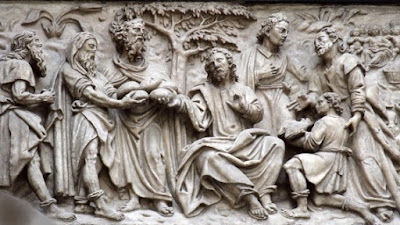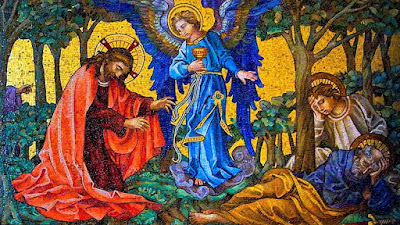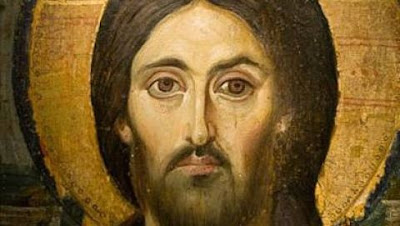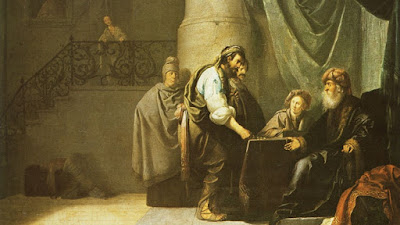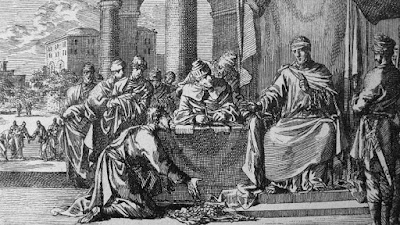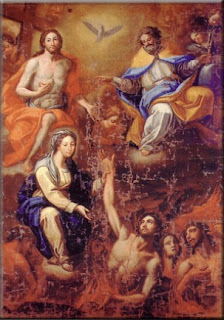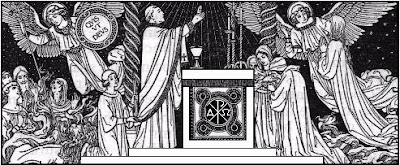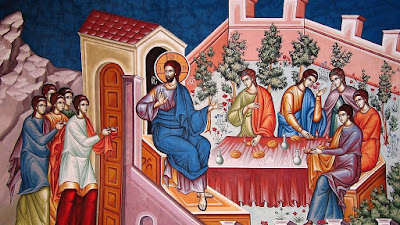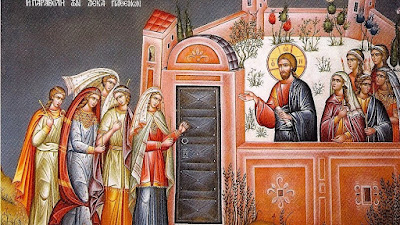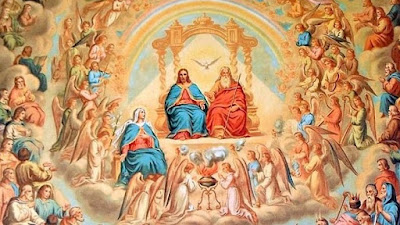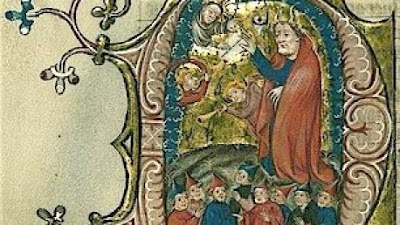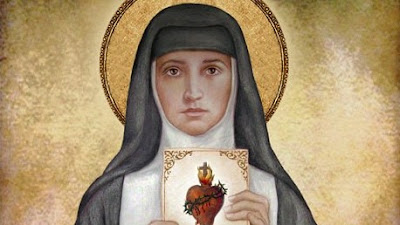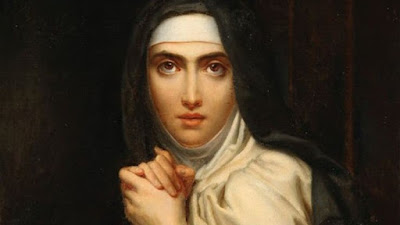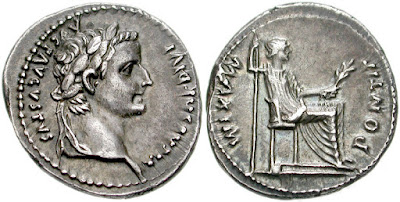Feast of the Immaculate Conception | 2020
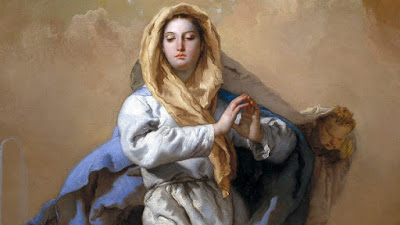
Solemnity - December 8th Through the centuries the Church has become ever more aware that Mary, "full of grace" through God, was redeemed from the moment of her conception. That is what the dogma of the Immaculate Conception solemnly affirms, as Pope Pius IX proclaimed in 1854: "The most Blessed Virgin Mary was, from the first moment of her conception, by a singular grace and privilege of almighty God and by virtue of the merits of Jesus Christ, Savior of the human race, preserved immune from all stain of original sin." ( Catechism of the Catholic Church , no. 492) The Prince of Peace and the Lord of Lords chose Mary for the singular grace and honor of being His beloved mother. By the power of His Cross, He preserved her from all sin. Therefore, by His holy Benevolence and Love, we possess hope and bold confidence in God’s loving Will for our lives and the salvation of all humanity. Significantly in the first reading, the liturgy recalls the figure of Eve
